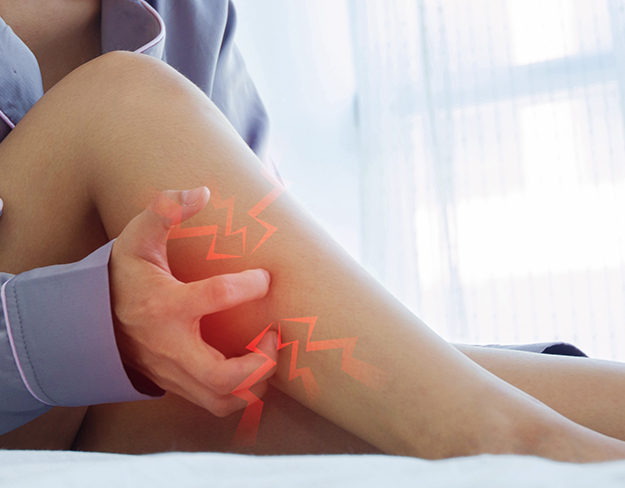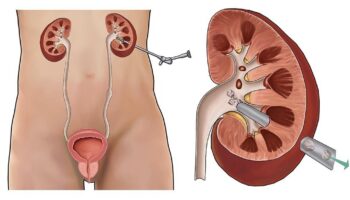When you feel tingling sensations in your leg, it can be due to many reasons ranging from poor posture to severe underlying complications. The medical practitioners at Southwest Cardiovascular Associates can help you understand the cause of your leg tingling in Mesa. The better part is that if your condition results from poor posture or other mild issues, they can help you resolve your discomfort quickly. If your issue results from severe complications such as cardiovascular and neurological complications, they can help you as well. Some of the possible neurological reasons for your condition are outlined below.
Restless Leg Syndrome (RSL)
This is a complication that can cause uncomfortable or unpleasant sensations such as tingling on your legs. Additionally, you can experience an irresistible urge to move your legs, particularly beginning in the afternoon and worsening at night with rest. You can also experience a creepy-crawly feeling, aching, itching, and burning sensations that make falling or remaining asleep difficult as it is relieved by leg movement. If you are experiencing such symptoms, you are enduring RSL.
Abnormal Growth or Tumor
Although uncommon, abnormal growths can put pressure on your spine through its path through the spinal canal. Abnormal growths and tumors on your lower back can irritate your spine and the nerves coming out of your spine to your lower body. This can result in pain, weakness, numbness, and tingling sensations on your legs. Therefore, it is essential to seek urgent care for your leg tingling to rule out such complications as they would require treatment as soon as possible for effective management.
Spinal Stenosis
The bones of your spine form a canal that surrounds and protects your spinal cord. However, the canal can become narrower over time, mainly due to aging. When this occurs in your lower back, the nerves coming from your spine can be under much pressure, causing painful symptoms. You can experience leg tingling, weakness, numbness, and cramping or pain in your legs, particularly when you stand or walk, and it gets better with sitting or bending forward.
Sciatica
This is a condition where your sciatic nerve is affected by spinal stenosis or a slipped disk. This is the nerve that branches from your lower back traveling through your buttocks and hips to your legs, meaning that you can experience sciatica symptoms, including leg tingling. You can experience pain radiating from your lower back through your hips to your legs. Depending on the particular sciatic nerve irritated, you can experience a burning or a shock-like sensation, weakness, and numbness in the affected leg.
Slipped Disc
In your backbone, some soft disks with jelly-like substances form between your bones to act as a cushion between each vertebrae. However, several factors can lead to one of these discs rapturing where the jelly-like matter bulges out, pressing the nerves coming out of your spinal cord. This can irritate the nerves going to your legs, causing lower leg tingling, among other complications.
Stroke
Sometimes your blood flow to some part of your brain can be blocked. Depending on the particular part of your brain affected by the blockage, you may experience various symptoms. You may experience numbness, leg tingling, weakness, vision complications, speaking troubles, balancing issues, or paralysis. It would help to seek immediate care upon experiencing such symptoms.
Leg tingling can be expected but not something to assume. Therefore, reach out to the providers at Southwest Cardiovascular Associates for an accurate diagnosis of your condition to rule out severe underlying complications and help manage the issue.





